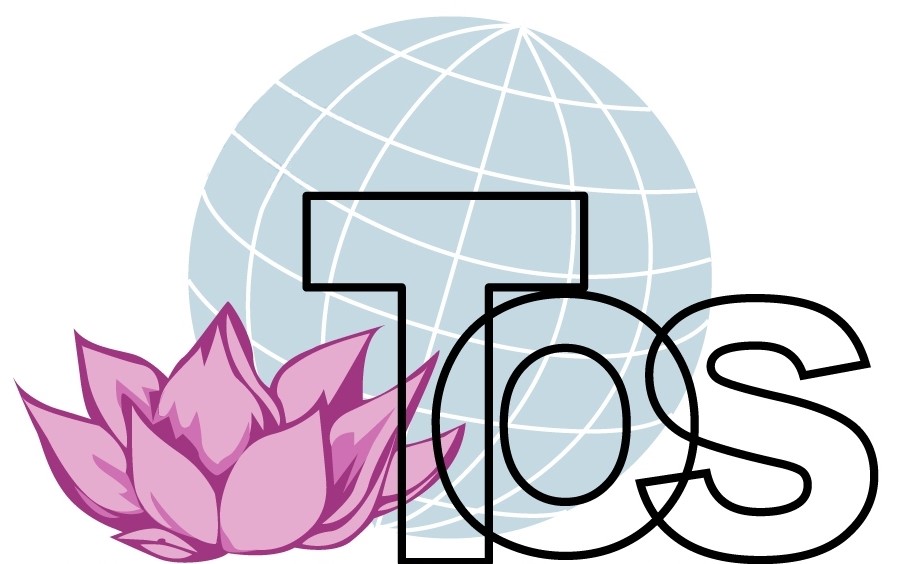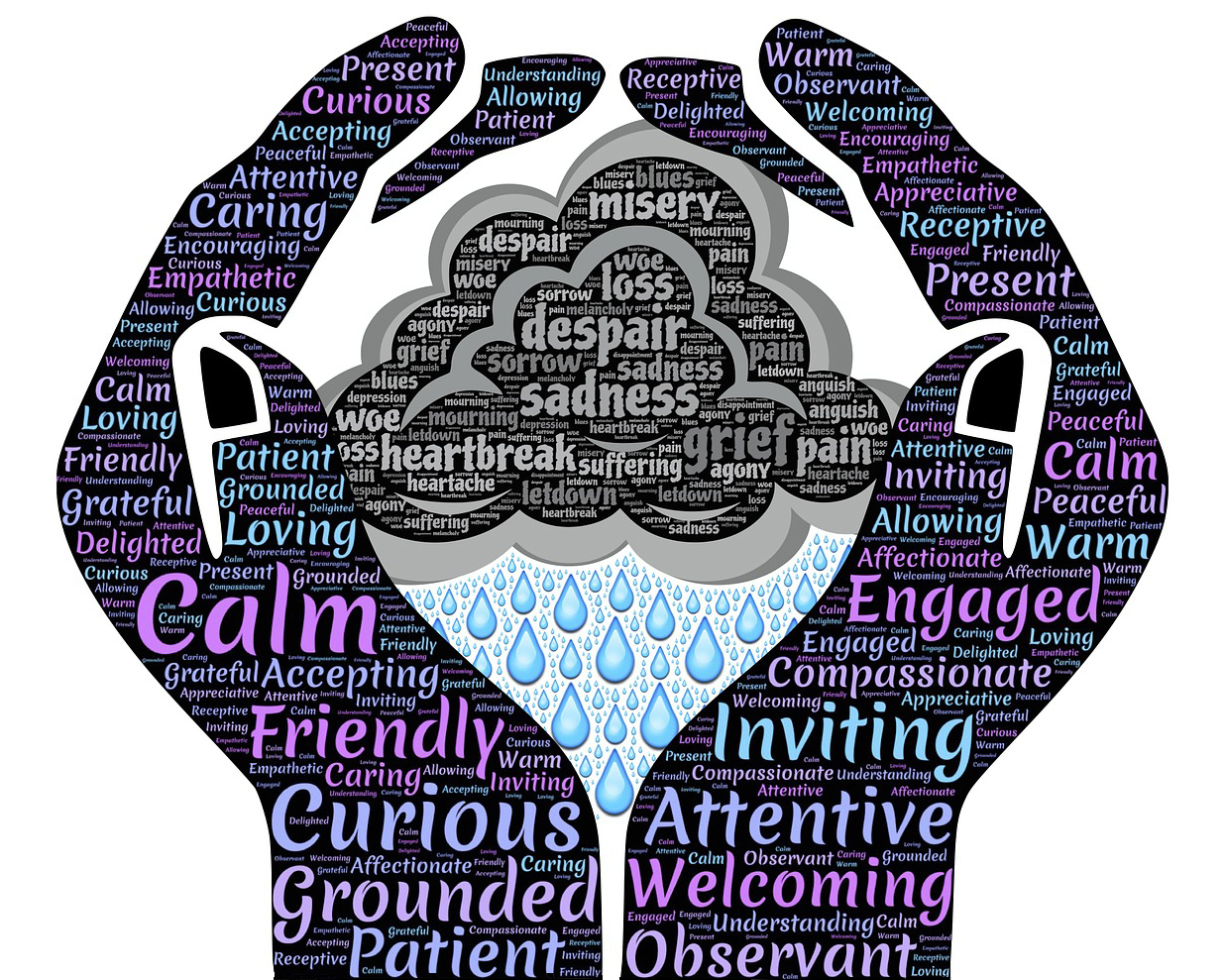We Are All Wounded Healers
Relationships can be difficult for many people. So much of what we see in the media today shows that many humans have an easier time relating to animals than to other humans. There seems to be an inability among individuals to understand why others do not see the world the same way and frustration ensues as each person tries to get the other to do so. Tactics of blame and shame slip from lips to defend personal points of view and it is done so often, it is not even realized.
Expressions such as, “if only you,” or “why didn’t you,” or “what were you” are common phrases used when we are annoyed or angry. The blame is on the other person and not on oneself. The minute we blame or are blamed an emotional gap begins to form. The “we” becomes “me” and “you,” there is no longer “us.” Continuing in this way often deteriorates relationships because when we blame or shame others, we basically do not trust them. Sadly, we have all experienced this in some way or have witnessed it with others.
The question arises: what is it we are trying to protect when we or others create an emotional division? Is there really a need to protect something? Or could it possibly be that what arises within a person is nothing more than the pain felt from previously being blamed or shamed? In reality, aren’t we all just protecting our own pain?
There is a lovely quote by Pastor Henri Nowen that states “Nobody escapes being wounded. We are all wounded people, whether physically, emotionally, mentally, or spiritually. The main question is not ‘How can we hide our wounds?’ so we don’t have to be embarrassed, but ‘How can we put our woundedness in the service of others?’ When our wounds cease to be a source of shame, and become a source of healing, we have become wounded healers.”
Shame is the only thing separating a wound from being a mark of courage. We just need to turn it on its head. We hide experiences and events of which we are shameful because we have been told, by others who are also wounded, to be ashamed. Putting our woundedness in the service of others finds us using our vulnerabilities as a source of strength instead of weakness. Instead of hiding our shame, we give it light. When we allow our vulnerabilities to come to the surface, we no longer have anything to hide or to protect.
When there is nothing to protect, we find strength within to allow others to differ from ourselves. In turn, we may find they have something to teach us. This can happen even when those who differ from us are not very kind about it. The lesson may have little to do with what they are saying, but more about how we are personally responding. The more we draw from our source of strength, the more patience we may be able to have with those who speak from unknown woundedness.
What is important here is each of us to allow ourselves the space to explore what it is that disturbs us when things don’t go the way we planned or when people are mean or cruel. By exploring what it is that hurts us, we tend to be vigilant about what say and do because we would rather not inflict the pain we are feeling on others. Eventually our self-awareness gives us the strength to jump into the quagmire of our emotions to sort out what is really happening. Emotions are messy. They are never as clear as we think they are and they can be inconspicuous. Often the emotion that we are feeling at the surface is something else much deeper.
Once we have dealt with our own pain, we are often able to identify with others who are experiencing similar feelings; thereby empathizing with them. Think of the number of wounded warriors who have helped other disabled veterans, or people with bipolar disorder becoming mentors for those with the same condition. Too often, we wish that whatever difficulty we are facing would go away. But perhaps if we reframe our troubles by asking “what can this teach me?” we can experience pain not as turmoil, anguish, or suffering, but more as a time of growth because it takes more effort on our part to carry on. We have to find the resources with ourselves so we can continue to move forward. Life does not go backwards. Every difficulty we face changes who we are and how we relate to the world. Despite how hard it may seem, each experience we face is something added to our own book of life. We cannot stop the book from being written no matter what we do.

